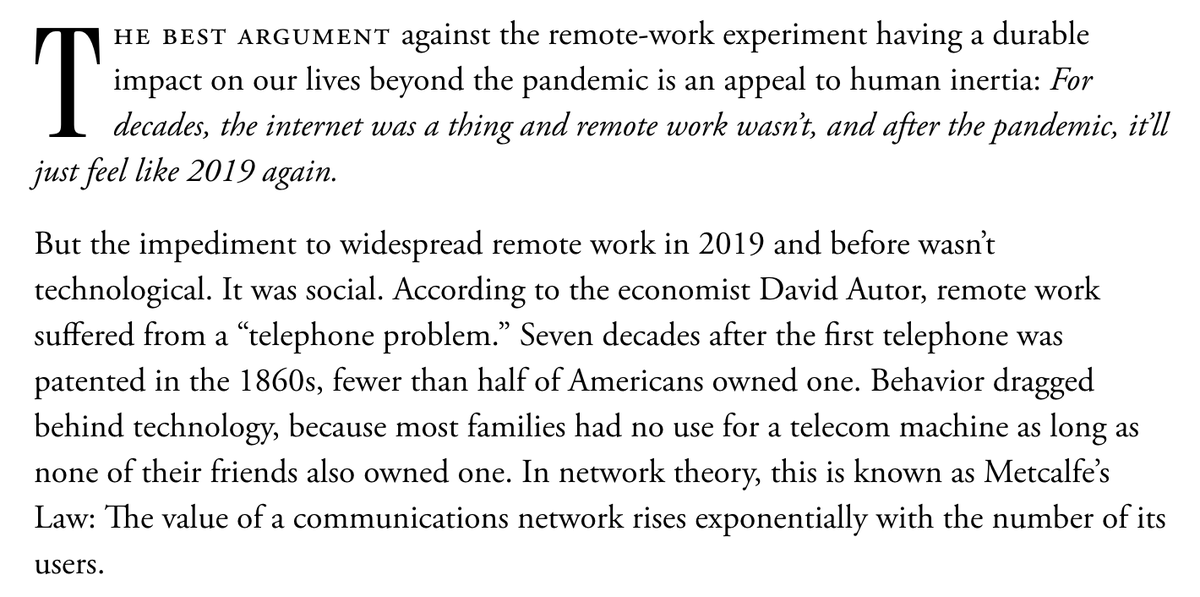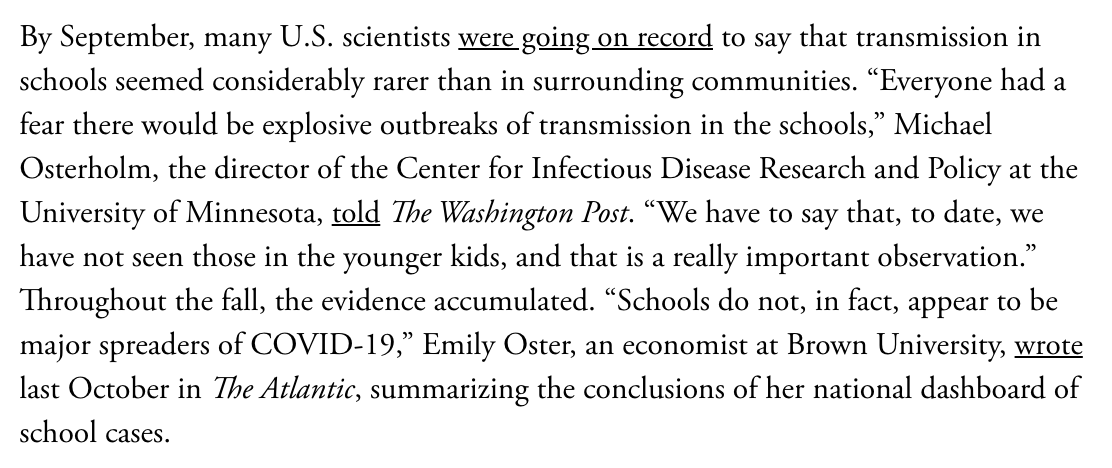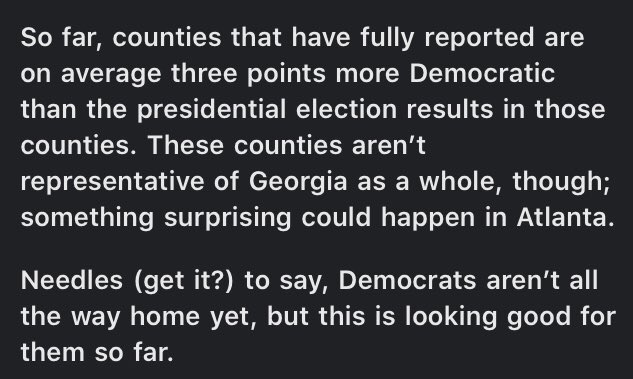
It looks like new hospitalizations have declined so quickly that it's opened up a huge disconnect with deaths.
Hospitalizations are down to late-November levels while deaths are still at mid-January levels.

Hospitalizations are down to late-November levels while deaths are still at mid-January levels.


Cross forces here:
1. Deaths lag hospitalizations by a few weeks, typically, which suggests we should see deaths start to really decline quickly.
2. New variants could push up cases/hospitalizations just as deaths plunge.
1. Deaths lag hospitalizations by a few weeks, typically, which suggests we should see deaths start to really decline quickly.
2. New variants could push up cases/hospitalizations just as deaths plunge.
FWIW, any effect of the new variants on daily-case decline isn't face-smackingly obvious from glancing at the national 7-day average (which I forbid you from taking me to say that the new variants aren't a problem, bc they are) 

• • •
Missing some Tweet in this thread? You can try to
force a refresh






